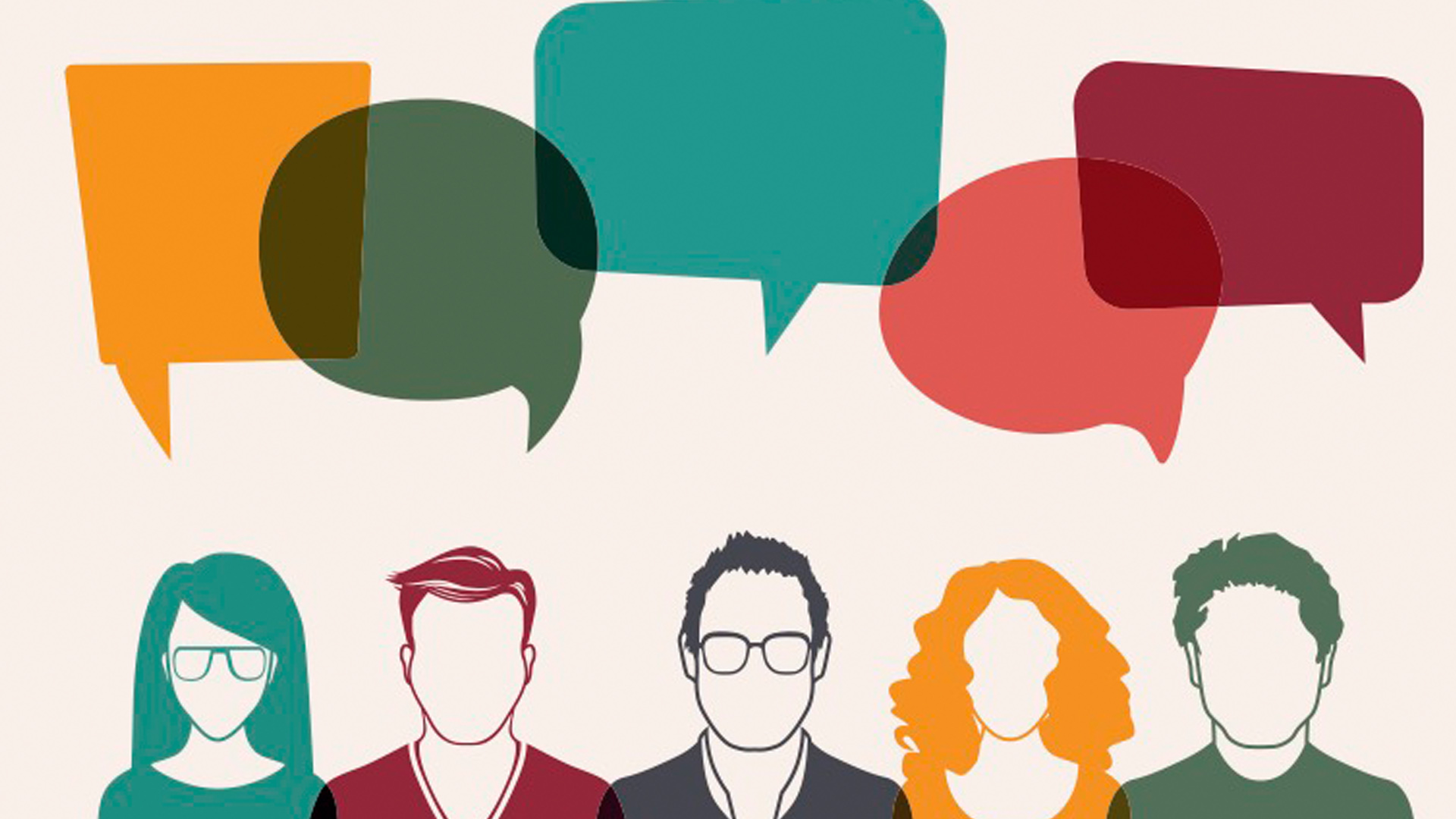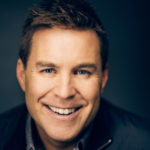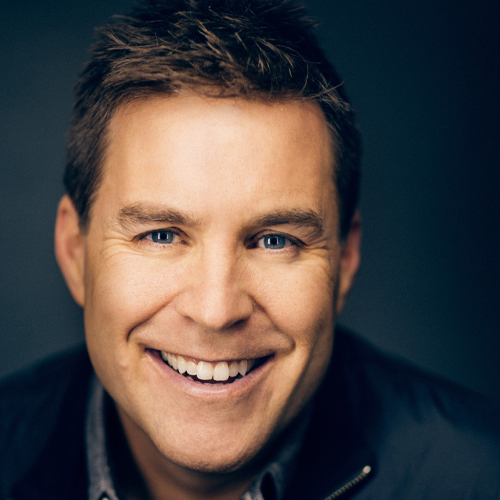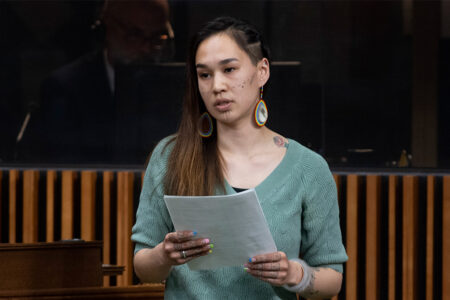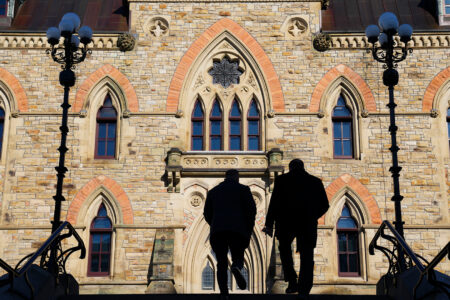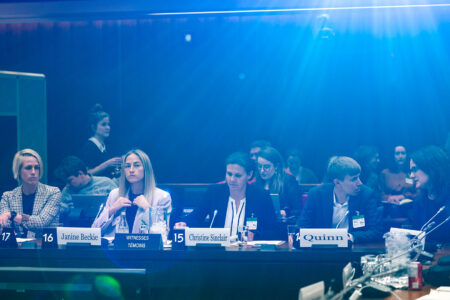
In our fast-paced digital age, where branded political campaigns with celebrity leaders use big data to micro-target supporters on social media, local all-candidates’ debates seem quaint.
The analogue events resemble the participatory democracy of an earlier time’s town meetings or historical campaigns when politicians, running for a seat in the House of Commons, met citizens at train stations, village squares and town halls to impress them with their commanding oratory.
An idealized democratic expression, an all-candidates’ debate offers Canadian voters a chance to hear directly from – and pose questions to – the politicians who want to represent them in Ottawa.
But democratic ideals rarely factor into the calculations that professional political campaign operatives consider when deciding if they want candidates to participate in these forums. (It’s a different story sometimes for the candidates vying to win a seat in the House of Commons.)
Despite widespread pessimism about the vote-winning utility of local all-candidates’ debates among politicos, the forums persist as a mainstay of local federal election campaigns, even during the September federal election that took place during a fourth wave of the COVID-19 pandemic.
As part of a book that UBC Press plans to publish in 2022, I explore why debate organizers host the events and why political campaigns, despite their reservations about the vote-maximizing efficacy of these forums, continue to participate in them. I interviewed about a dozen professional political workers, candidates and local debate organizers – and read hundreds of local news reports about the debates that happened during the 2021 campaign that propelled the Liberals to their second consecutive minority government.
All the campaign staff to whom I spoke – the professional operatives of all political stripes involved in multiple campaigns over many federal elections – believe campaign debates are not efficient vote maximizers.
“If it’s the choice between spending three hours at a debate and an hour or two on prep, and knocking on doors in an apartment building downtown,” said one long-time political operative who has worked on NDP and Liberal campaigns, “I would go to the apartment building almost every chance I can get.”
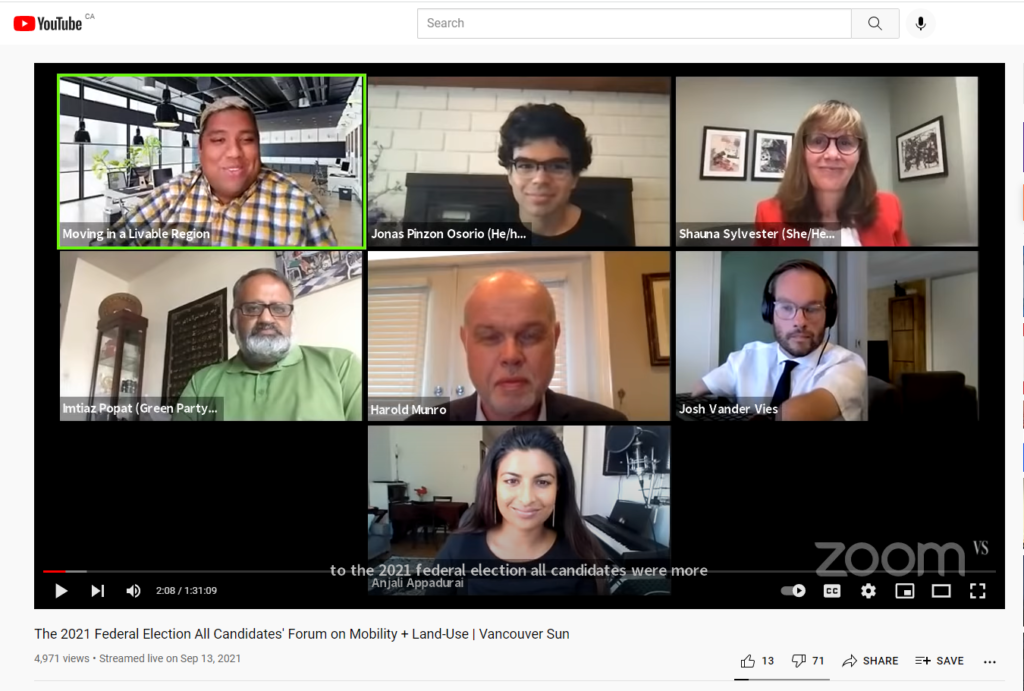
Increasingly candidates for the House of Commons have eschewed church-basement and community-hall debates, once an expected ritual of local elections, believing the events really matter only in close races.
In recent federal elections, some candidates have conceded they think their time is better spent making personal connections instead of performing well in front of an audience of what most campaigns believe to be decided voters. In 2011, in fact, critics charged that the Conservative Party of Canada’s (CPC) national campaign instructed their candidates to avoid local debates. Candidates – even in the most recent election – do, however, continue to take heat for skipping them.
Debate organizers in Alberta, where 30 of the province’s 34 seats went Conservative blue in the 2021 federal election, say it’s tough to get Conservatives, particularly in the cities, to participate in all-candidates’ debates or forums.
Phillip Meintzer, who organized an environmental-themed debate in Alberta as part of the 100 Debates on the Environment project, said the Conservative candidate he invited declined his invitation.
Like many organizers, Meintzer hoped his online debate would spark a dialogue about environmental issues such as the climate crisis, calling the event a chance to hold politicians accountable and “incredibly important for democracy.”
Conservative campaigns concede they often turn down single-issue local debates. A debate about the environment, after all, doesn’t attract the CPC’s target audience, one political campaign official told me, stressing that the candidate’s time is better spent door-knocking.
The rationale for all-candidates’ debates is premised on the normative notion that debates – and the information voters take from these exchanges of views – are a healthy part of a functioning democracy. But recent political science research suggests local candidate evaluations matter only for about four per cent of voters and in only about 10 per cent of Canada’s 338 federal constituencies.
That margin can, however, be significant in battleground ridings. In the recent election, the difference between the winner and loser in more than 30 constituencies was less than four per cent.
So, in tight races, campaign staffers admit to being more inclined to accept an invitation to a community all-candidates’ debate, especially if they know the news media will be in attendance or the event is going to be televised or live-streamed.
Incumbents (from all the main federal parties) are a bit more cautious about participating in local debates. All the professional political strategists stress that the first rule of local debates is “do no harm.”
Debates come with risks. Cameras, including ubiquitous smartphones, can capture gaffes or so-called “bozo eruptions” that go viral, hurting the local candidate and forcing the national campaign off its message because it needs to respond to one of its local candidate’s blunders.
Underdog campaigns have a different take on local debates, leaping at any chance to be in the public or make some news, said a Liberal campaign worker in Alberta running against a formidable Conservative heavyweight in one of the safest CPC seats in the country. In these “no-win” situations, longshot campaigns “participate in everything,” said the politico, stressing that when you are behind, “you take more risks.”
Former Liberal MP and cabinet minister Kent Hehr says he participated in an all-candidates’ debate early in the 2015 election because he wanted to solidify his stature in the minds of centre-left voters in his Calgary Centre riding as the only candidate who could beat the Conservatives.
But it’s not always about strategy or winning votes.
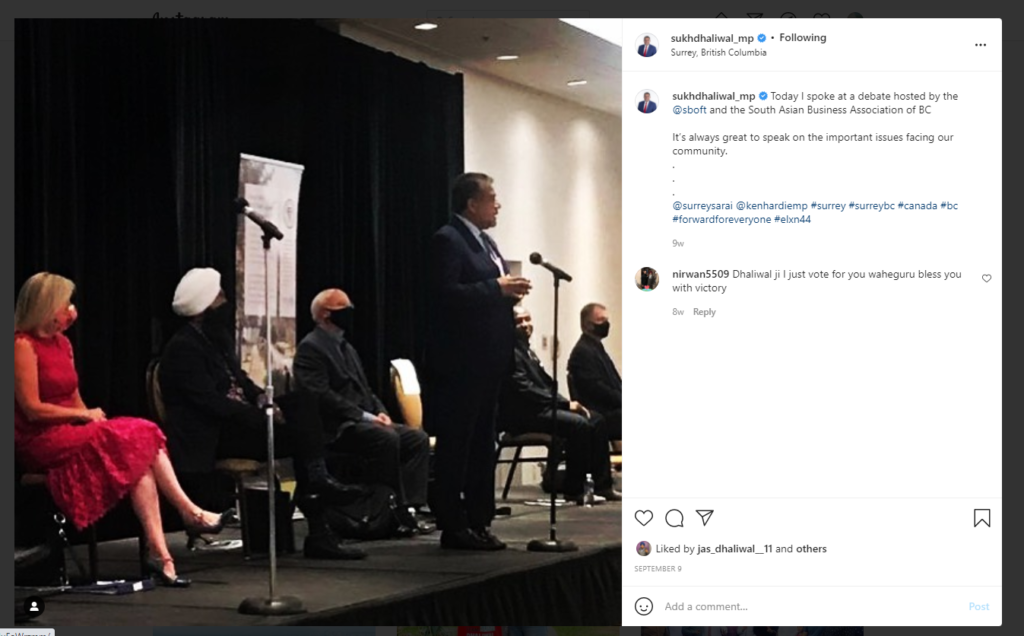
Sometimes the candidates, knowing a debate isn’t going to win them many votes, decide to take part in the event because they think it’s the democratic or correct thing to do.
Calgary-based pollster Janet Brown, a keen observer of politics and politicians, suggests ego also can’t be discounted when it comes to most politicians’ belief in their skill to persuade. Almost all federal candidates, Brown believes, run for office convinced their personal brand will help win the day. Politics is a bruising contest. Politicians, says Brown, inure themselves by building up in their own minds a faith in their “personal power to influence.”
No doubt, for many politicians, including the ones I interviewed, politics is about persuasion. People running for the House of Commons want to talk about their plan for Canada. They want to win the argument.
Hehr recalls his father taking him to political debates as a child where he heard important ideas to consider. For him, politics is, of course, about winning power, but he also wants to influence people with the ideas he holds dear.
So, while politicians know their local campaigns are not won and lost in the debates held in school auditoriums and community halls, they, like the people who organize the debates, hold ideal – almost romantic – notions of democracy.
Akin to Theodore Roosevelt’s famous “Citizenship in a Republic” speech in 1910, local debate participants seemingly believe “the credit belongs” to the people “actually in the arena,” even if they fail while trying.
Cet article présente une version abrégée d’un chapitre tiré d’un ouvrage qui sera publié en 2022 chez UBC Press. Il fait partie du dossier spécial Au cœur d’une campagne de terrain.




